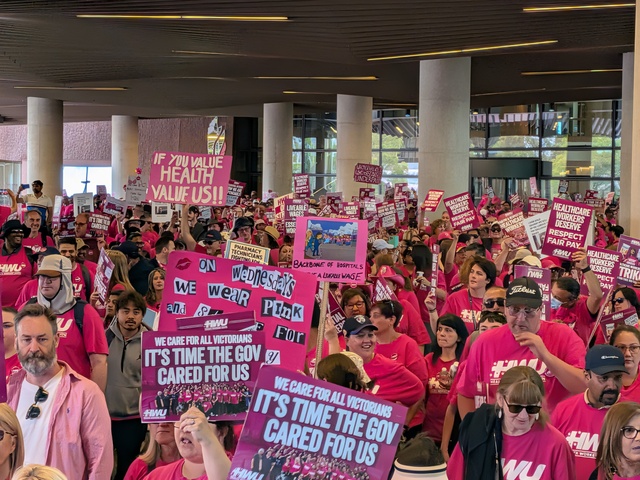A Victorian Labor vow to force councils to cap rates at the inflation rate has been panned by Maribyrnong and Hobsons Bay councils.
The proposal to make councils justify any rate increases beyond the CPI to the independent Essential Services Commission (ESC) has also received mixed responses from inner-west residents’ groups.
Announcing the policy on Sunday, opposition leader Daniel Andrews said under a Labor government the ESC would determine whether rate increases were fair.
“With the cost of living increasing and Tony Abbott and Denis Napthine increasing taxes, homeowners and businesses can have confidence that they aren’t footing the bill for wasteful or unnecessary council spending,” he said.
Maribyrnong mayor Grant Miles said the cost of providing council services rises more quickly than the Consumer Price Index (CPI).
“It’s [a cap] been tried before and it’s a big mistake,” he said. “If they want to use those sorts of controls on local government how about looking at how much the state taxes have risen?”
Hobsons Bay mayor Sandra Wilson said capping rates at CPI was unfair to residents who would see big cuts to services and infrastructure.
“It’s an election year and slogans can be expected, but no one wins when the slogan is ‘cap council rates’.
“Local government receives only 3.5 cents in every $1 in taxes collected and provides more than 100 different services to its ratepayers, many of which we are having to fund ourselves as other levels of government have walked away from their responsibilities .”
Hobsons Bay Residents Association co-convener Cameron McCurley said that in an ideal world, rate rises should be pegged to CPI, but the state government had shifted many costs onto council.
But the Maribyrnong Residents Action group would welcome any move by the state government to curb “profligate waste” and “overcharging ratepayers exorbitant rates for poor services”.
Member Robert Wiatrowski said while the initiative was long overdue it failed to address “the inherent structural problems of poor accountability” from councils to improve efficiency and reduce operating costs.
















